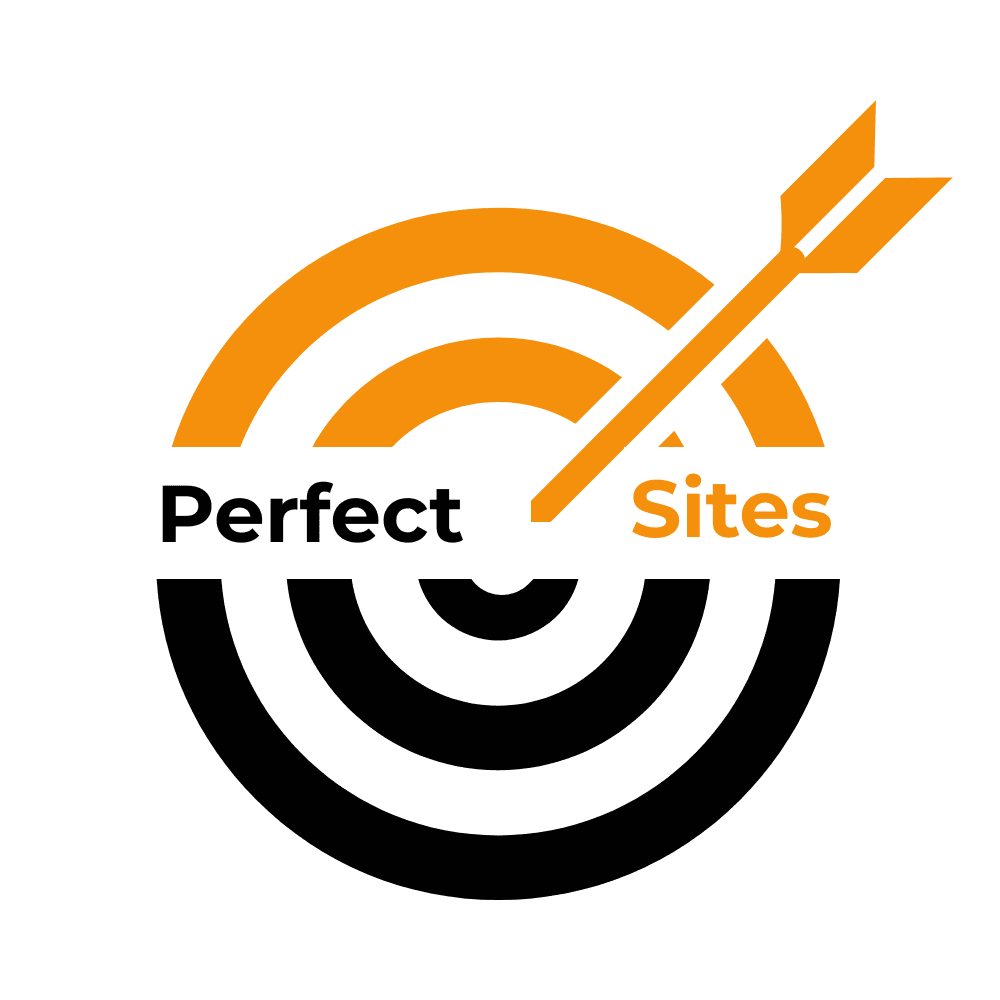Let’s be honest: getting people to your website can feel a bit like trying to get folks to show up to your garage sale during a Bengals game. You’ve got stuff to offer, maybe even great stuff; but if no one knows about it, or worse, they can’t find it, you’re stuck rearranging your digital folding tables while your competitors rake in the clicks. But if you’re running a business in Cincinnati, the good news is, you don’t need to shout into the void. You just need to speak the right language, in the right places, to the right people.
Here’s how to do exactly that.
Local SEO: The Cincinnati edition
First things first. If your business doesn’t show up when someone Googles “coffee near me” from a bench in Washington Park, you’ve got a problem. Google’s local search algorithm favors proximity, relevance, and prominence. Translation: you need to prove you exist, you’re nearby, and people like you.
Start with your Google Business Profile. Claim it, verify it, and make sure your name, address, and phone number are consistent across every listing. Add photos that don’t look like they were taken in 2009. Respond to reviews—even the weird ones. Post updates, even if it’s just a new lunch special or your summer hours. Google eats that stuff up.
Next, work local keywords into your site. Not just any keywords, but Cincinnati-specific ones. Think “Hyde Park family dentist” or “Cincinnati home renovation contractor.” Sprinkle them into your page titles, headers, and body content naturally. Don’t force it, or you’ll sound like a robot who just learned what Ohio is.
Also, build citations on platforms like Yelp, Yellow Pages, and local directories like the Cincinnati USA Regional Chamber. It’s a bit tedious, sure, but it builds credibility with search engines.
Make your content feel like it lives here
People trust businesses that feel rooted in their community. So, give your content a zip code. Write blog posts that highlight local neighborhoods, like “Best Happy Hour Spots in Over-the-Rhine” or “Where to Get Your Bike Fixed in Walnut Hills.” These aren’t just fluff pieces; they pull in search traffic and show you know the city.
Tied to that, tap into local events. Oktoberfest Zinzinnati? Write a post about how your brand is celebrating, or how businesses can market during the event. Reds Opening Day? That’s practically a civic holiday. Use it.
And don’t underestimate the power of local influencers. You don’t need someone with a million followers. Someone with a few thousand loyal Cincinnatians in their audience can do wonders. Tools like Upfluence and Heepsy can help you find them. But honestly, just check who’s tagging local businesses on Instagram.
Paid ads, but make them local
Paid advertising works, when it’s not wasted on people three states away. Geo-targeting is your friend here.
Google Local Campaigns are great for brick-and-mortar shops. They show up across Search, Maps, YouTube, and Display. So when someone’s looking for a hair salon in Clifton, you’re right there.
Facebook and Instagram let you target users by zip code,
neighborhood, or even street-level radius. Combine that with demographic filters, and you’ve got some serious precision.
And if you haven’t looked into Nextdoor, now’s the time. It’s like Facebook’s nosy cousin, but hyper-local. Cincinnati has plenty of active neighborhoods on there, and you can advertise directly to them.
Backlinks that actually matter
Backlinks are still gold, especially when they come from local sources. They tell search engines, “Hey, this business is legit, and the community says so.”
Pitch stories to local news outlets like WCPO 9 or the Cincinnati Enquirer. Got a new product, a quirky founder story, or a community initiative? That’s newsworthy.
Also, reach out to local blogs like Cincy Chic or podcasts like The Cincy Brewcast. These folks are always looking for interesting guests or businesses to feature. And yes, it helps your SEO.
Community-based PR: more than just warm fuzzies
Digital PR doesn’t have to mean national press. Sometimes, the best results come from right here at home.
Sponsor a local event or charity run. You’ll usually get a backlink from the event website, plus some good local press. Host a free webinar or workshop for small business owners or nonprofits. Promote it through Eventbrite and local event calendars.
And don’t ignore Reddit or Facebook Groups. r/cincinnati is active, opinionated, and surprisingly supportive, if you’re not spammy. Same goes for Facebook groups focused on local business or community updates. Join the conversation. Don’t just push your stuff.
Technical SEO still matters, even in Ohio
You could have the most charming, Cincinnati-infused content on the internet; but if your site takes 12 seconds to load, nobody’s sticking around. Speed matters. So does mobile-friendliness. Most local searches happen on phones, often while someone’s walking down Vine Street or sitting in a waiting room.
Use Google PageSpeed Insights to spot and fix performance issues. Make sure your site looks good and works smoothly on mobile. And add LocalBusiness schema markup to help search engines understand who you are and where you are.
Measure what matters
You can’t fix what you don’t track. Set up Google Analytics 4 to see how people are finding your site, what they’re doing once they land, and whether they’re converting. Use Google Search Console to monitor keyword rankings and fix indexing issues.
And if your business relies on phone calls—plumbers, lawyers, dentists—use a tool like CallRail to track which campaigns are driving those calls. You might be surprised which ads are actually working.
Driving traffic in Cincinnati isn’t about chasing trends or copying what someone’s doing in Austin or Seattle. It’s about understanding what makes this city tick, and then building a strategy that fits. Be visible. Be relevant. And above all, be local.
That’s the view from the ground.
We’ll be back soon with more real-world insights.
Until then, keep building.
– Perfect Sites Blog

